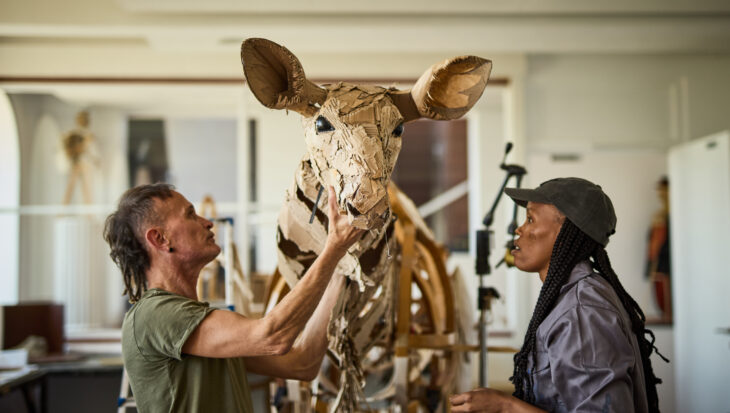Animal Aid in parliament to discuss ending animal tests
Yesterday, Animal Aid hosted a roundtable in Westminster, to meet with MPs and other invited guests to discuss the ending the LD50 and other animal tests.
Posted 02 Jul 2025
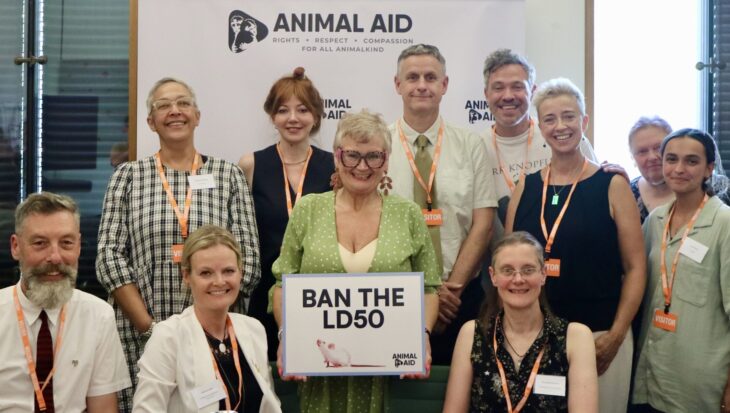
Posted on the 22nd August 2024
The dairy industry is cruel and causes animals to suffer immensely. But ditching dairy doesn’t only benefit cows and calves, it’s also better for your health and for the health of the planet! So why not try something new this #WorldPlantMilkDay?
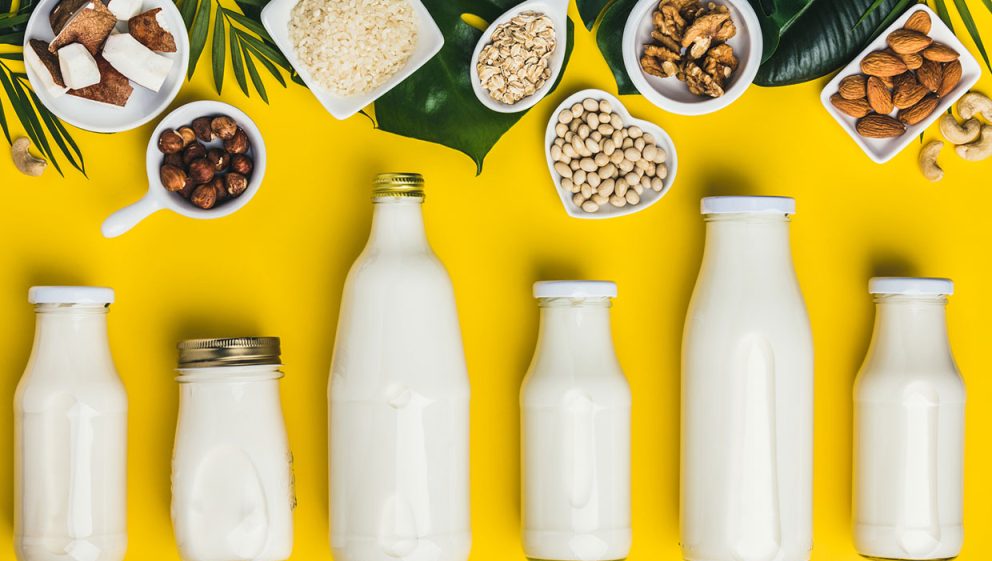
Despite the dairy industry’s best efforts to convince us otherwise, we do not actually need to consume animals or animal products to be healthy. There is nothing in cow’s milk that cannot be obtained from plant-based sources.
In fact, every major dietetic association agrees that a well-planned vegan diet is healthy, nutritionally adequate and suitable for all stages of life, from pregnancy and infancy through to childhood, adolescence and adulthood. A report from the Academy of Nutrition and Dietetics states that “vegans are at reduced risk of certain health conditions”, including heart disease, diabetes, some cancers, and obesity. In contrast, a 2022 study found that those who regularly consumed dairy products had a significantly greater risk of developing certain types of cancer.
Dairy farming is incredibly harmful to the environment. Findings taken from the Environment Agency show that most UK dairy farms are not compliant with anti-pollution regulations causing vast amounts of slurry to spill into waterways and devastate local ecosystems. More generally, agriculture is the largest single source of river pollution in the UK – and dairy farming accounts for 75% of all serious pollution incidents caused by agriculture.
As well as polluting the environment, dairy production is also resource-heavy, requiring almost twice as much water to produce 1 litre of cow’s milk than other plant-based alternatives. Even the most ‘thirsty’ of all plant milks – almond! – uses only 60% of the water needed for cow’s milk. Soy and oat milks are even more sustainable, using 28 and 48 litres of water, respectively (a fraction of the 628 litres required to produce a litre of dairy milk).
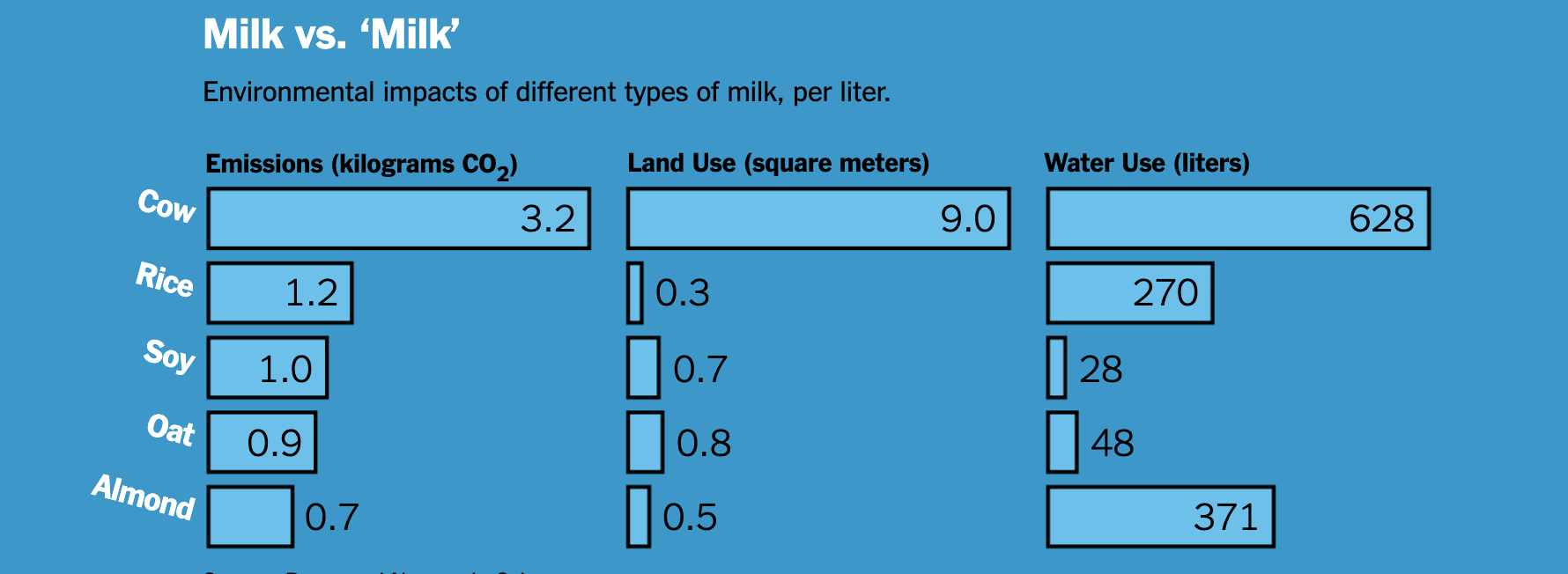
Source: Poore and Nemecek [1]
The dairy industry is one of the most exploitative methods of farming animals. In the UK, the life of a dairy cow is exhausting, relentless, and cruel: for up to 5 years, she’ll endure a near-constant cycle of pregnancy, birth and milking until her body can no longer cope. Only once she is too lame to walk to the milking unit or she is no longer ‘profitable’ will she be sent to slaughter and turned into cheap meat products like pies and dog food.
Read more about the life of a dairy cow
Giving up a food group that we’ve been taught, all our lives, is a ‘necessary’ staple can be daunting. Thankfully, it’s never been easier to ditch dairy, with heaps of delicious plant-based milks on the market! Here are our top tips for making the switch:
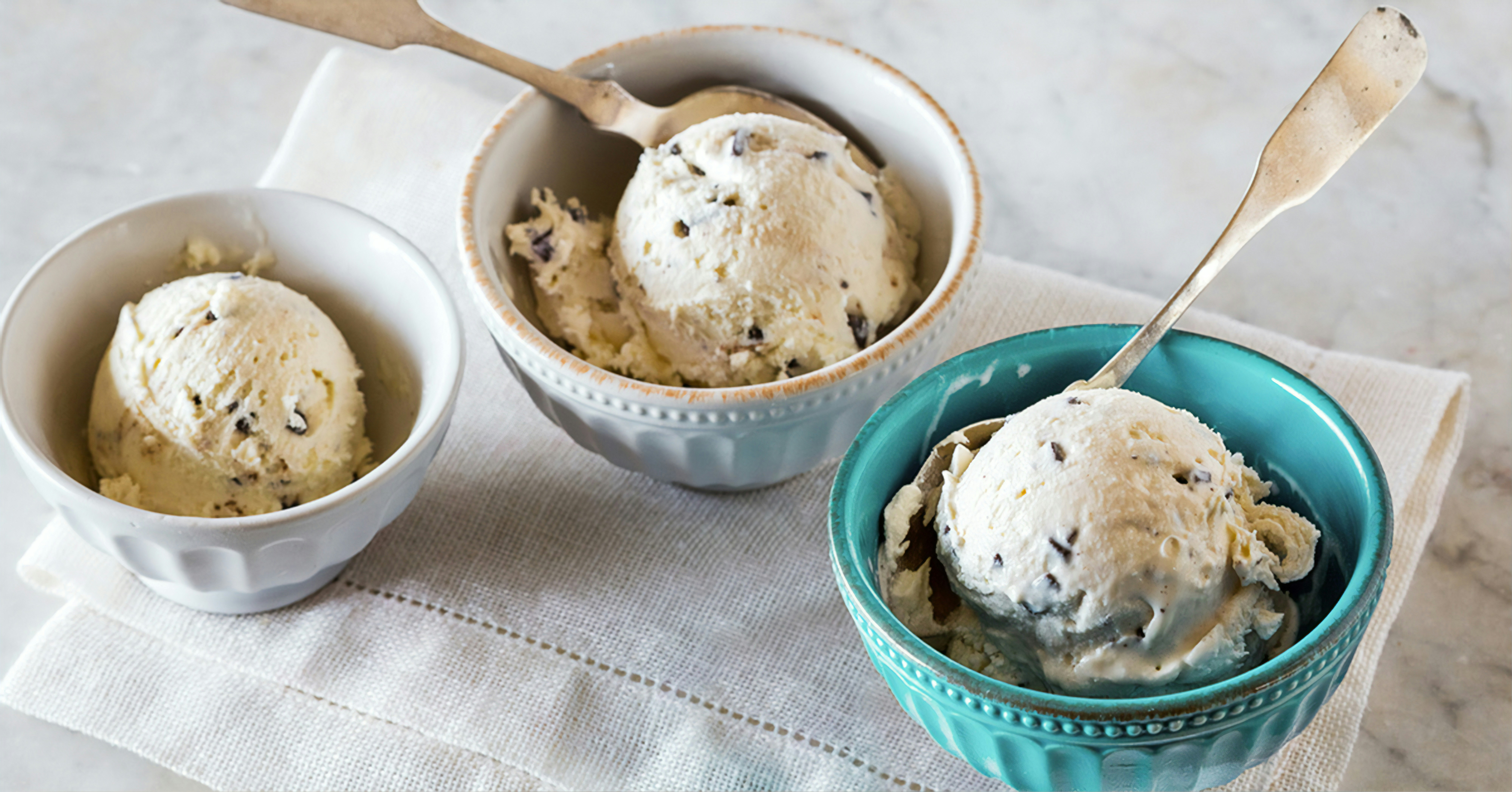
There are so many dairy-free options readily available...including ice cream!
[1] J. Poore & T. Nemecek, 2018. Reducing food’s environmental impacts through producers and consumers. Science (360)6392, pp.987-992. Accessed via https://www.nytimes.com/interactive/2022/dining/climate-change-food-eating-habits.html
[2] Aleksandrowicz, L., Greeb, R., Joy, E.J.M., Smith, P. & Haines, A., 2016. The impacts of dietary change on greenhouse gas emissions, land use, water use and health: A systematic review. PLoS One, 11(11). Accessed via https://doi.org/10.1371/journal.pone.0165797
Yesterday, Animal Aid hosted a roundtable in Westminster, to meet with MPs and other invited guests to discuss the ending the LD50 and other animal tests.
Posted 02 Jul 2025

Have you heard? A breathtaking arts initiative, ‘The Herds’ will be arriving in London this Friday.
Posted 27 Jun 2025
